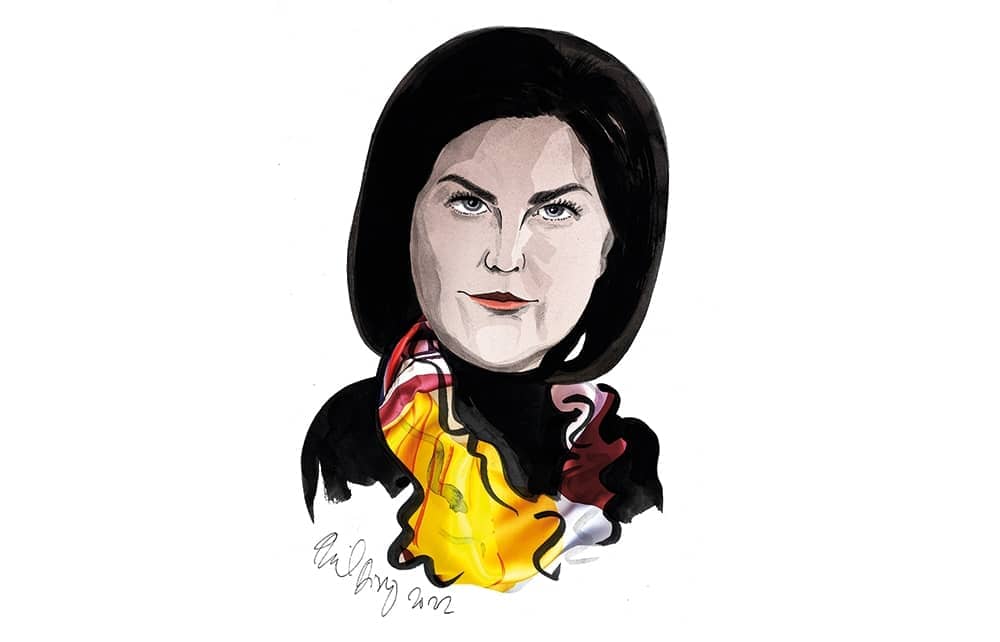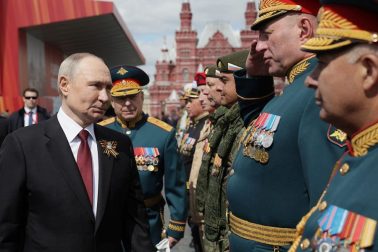Last month, Vadim Shishimarin, a 21-year-old Russian soldier, was jailed for life. His sentence marked the first successful war-crimes prosecution since the conflict in Ukraine began.
On the fourth day of the invasion, after coming under fire, Shishimarin and four other soldiers hijacked a car and drove around looking for other units to join.

Disagree with half of it, enjoy reading all of it
TRY A MONTH FREE
Our magazine articles are for subscribers only. Try a month of Britain’s best writing, absolutely free.
Already a subscriber? Log in







Comments
Join the debate, free for a month
Be part of the conversation with other Spectator readers by getting your first month free.
UNLOCK ACCESS Try a month freeAlready a subscriber? Log in